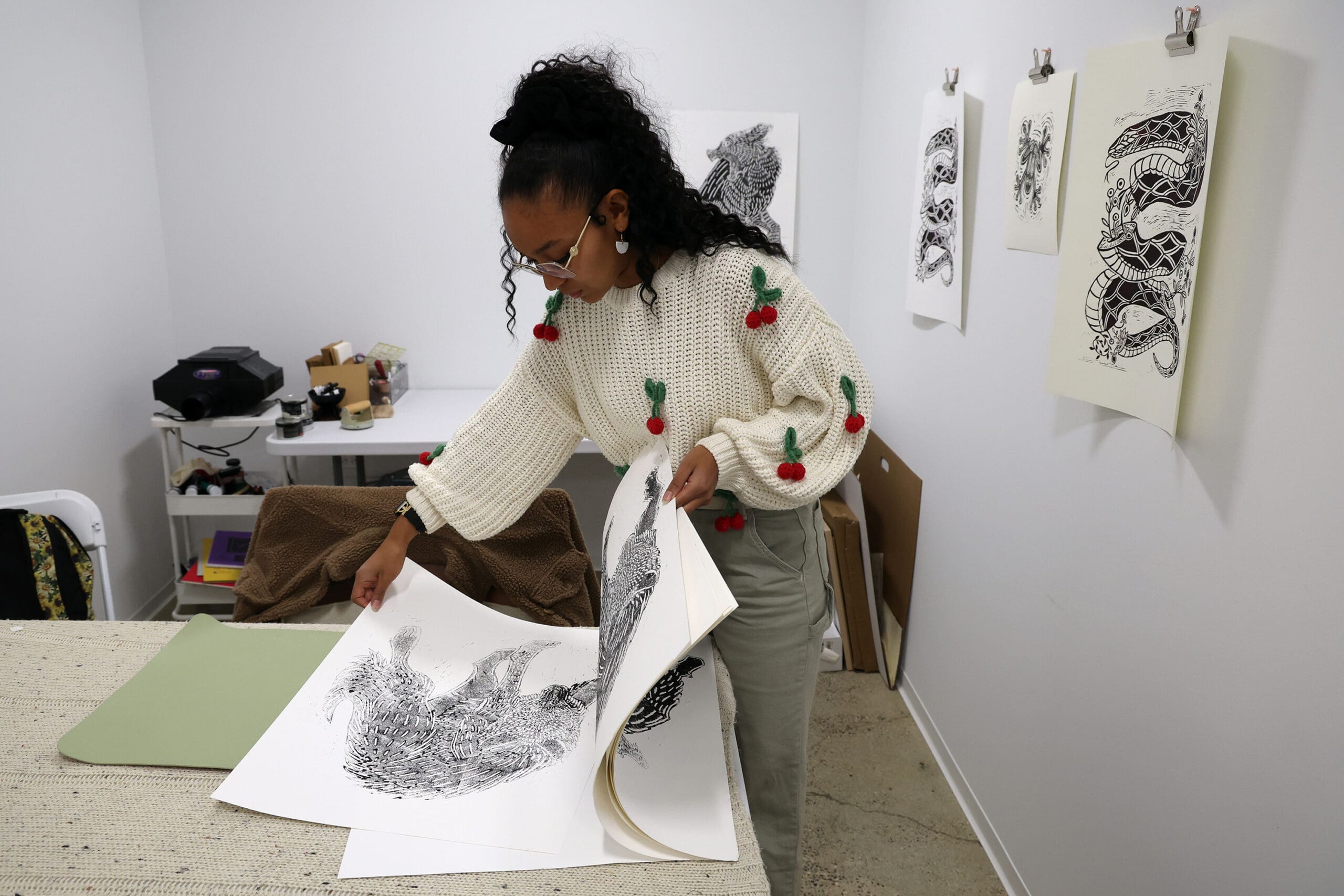During their four-nation tour in Africa, rocker Bono of the band U2, and U.S. Treasury Secretary Paul O’Neill appeared to be getting along just grand. That is until the subject of how to best help the mineral diverse continent play economic catch-up with the rest of the world arose.
As they visited an elementary school outside Kampala, Uganda, O’Neill asked how much it would cost to drill a well to supply the school, which depends upon rain water collected in a tank.
“These kids are still learning under trees and worse, they’re going hungry to learn, did you know that?” Bono asked O’Neill.
O’Neill was reportedly surprised to learn that as many as seven children have to share a textbook. He suggested that voluntary aid could ease such shortages.
“I think if people understood they could give six copies of Dr. Seuss and every child could have one…that translates better than saying, ‘Give us more money,'” O’Neill said.
“If you do something that helps people with real tangible things (it helps more than) talking about some cosmic stuff about billions of dollars.”
Bono, a longtime activist for debt relief and increased aid to Africa, responded by saying that more money was needed from rich Western nations.
“It is going to take billions of dollars,” Bono said, insisting it was “not cosmic stuff” but more about ensuring children had access to educational opportunity and a bowl of porridge daily.
The country of 23 million has averaged 6 percent economic growth over the past decade, largely helped by donor funds.
In 2000, around 35 percent of the population was living on less than $1 a day, though that was down from 56 percent in 1992.
“These are pictures of people who are fighting back against their poverty, using every resource that is available to them and this is an image that is great for Africa — people fighting for their economic freedom,” said Bono.
Reprinted with permission: www.eurweb.com
Printed in Volume 1 Issue 10



